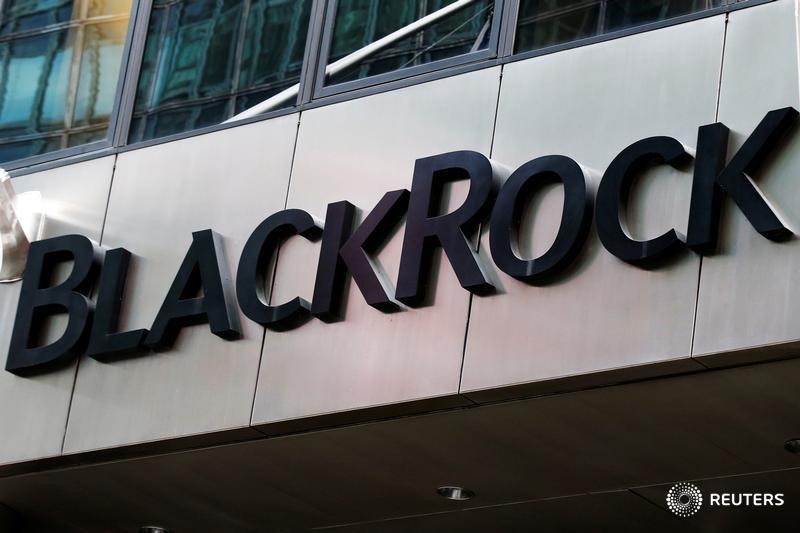Australia's exchange-traded fund (ETF) industry has seen a significant surge in recent years, with assets doubling over three years to exceed A$150bn ($95.69bn) by the end of July 2023. The market is dominated by key players Betashares (ASX:BBUS), BlackRock’s iShares, and Vanguard, who collectively command a 66.7% market share and have attracted over 90% of this year's ETF flows.
Betashares, founded in 2009 by Ukrainian emigrant Alex Vynokur, leads in product diversity with 83 different core and specialist vehicles. The firm's combined assets exceeded A$30bn in August 2023. Betashares competes fiercely with BlackRock’s iShares for Australian ETF assets, both vying to surpass market leader Vanguard.
The Future of Financial Advice legislation of 2013, which abolished generous commission structures for financial advisers, has significantly spurred Australia’s ETF industry growth by making lower-cost ETFs more attractive for investor recommendations.
In the competitive landscape dominated by global giants, Betashares has leveraged its homegrown brand status in the retail investor-driven market. Vynokur credits Betashares' private, employee-owned structure and local roots for its ability to make swift business decisions from its Sydney boardroom.
This agility was demonstrated when BlackRock (NYSE:BLK) reduced its management fee for the A$4.4bn BlackRock iShares Core S&P/ASX 200 ETF from 0.09% to 0.05%. Within 36 hours, Betashares undercut BlackRock's fee, reducing its own Australia 200 ETF fee to just 0.04%.
Vynokur noted the underperformance of most actively managed funds as part of the competitive landscape that extends beyond these firms. As part of its expansion plans, Betashares is diversifying beyond Australia by preparing to launch ETFs in New Zealand and making a strategic entry into the A$3.5tn superannuation pensions market.
This article was generated with the support of AI and reviewed by an editor. For more information see our T&C.
